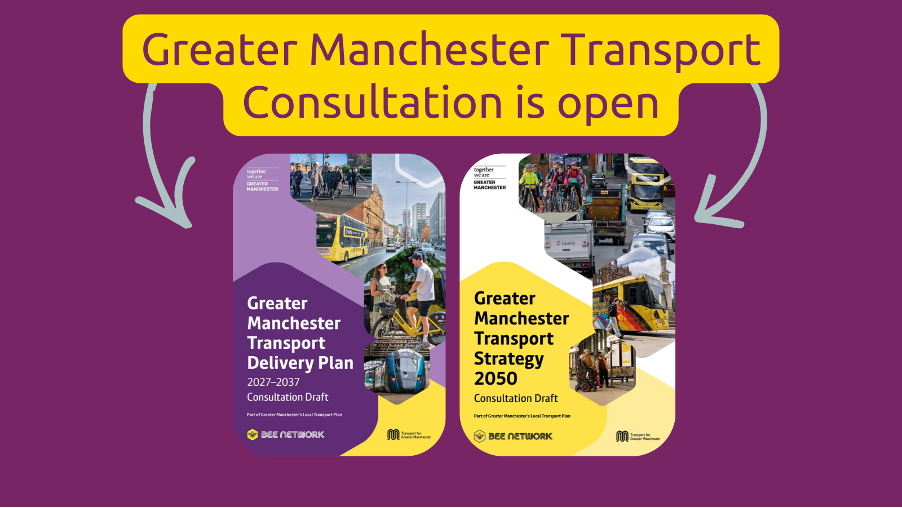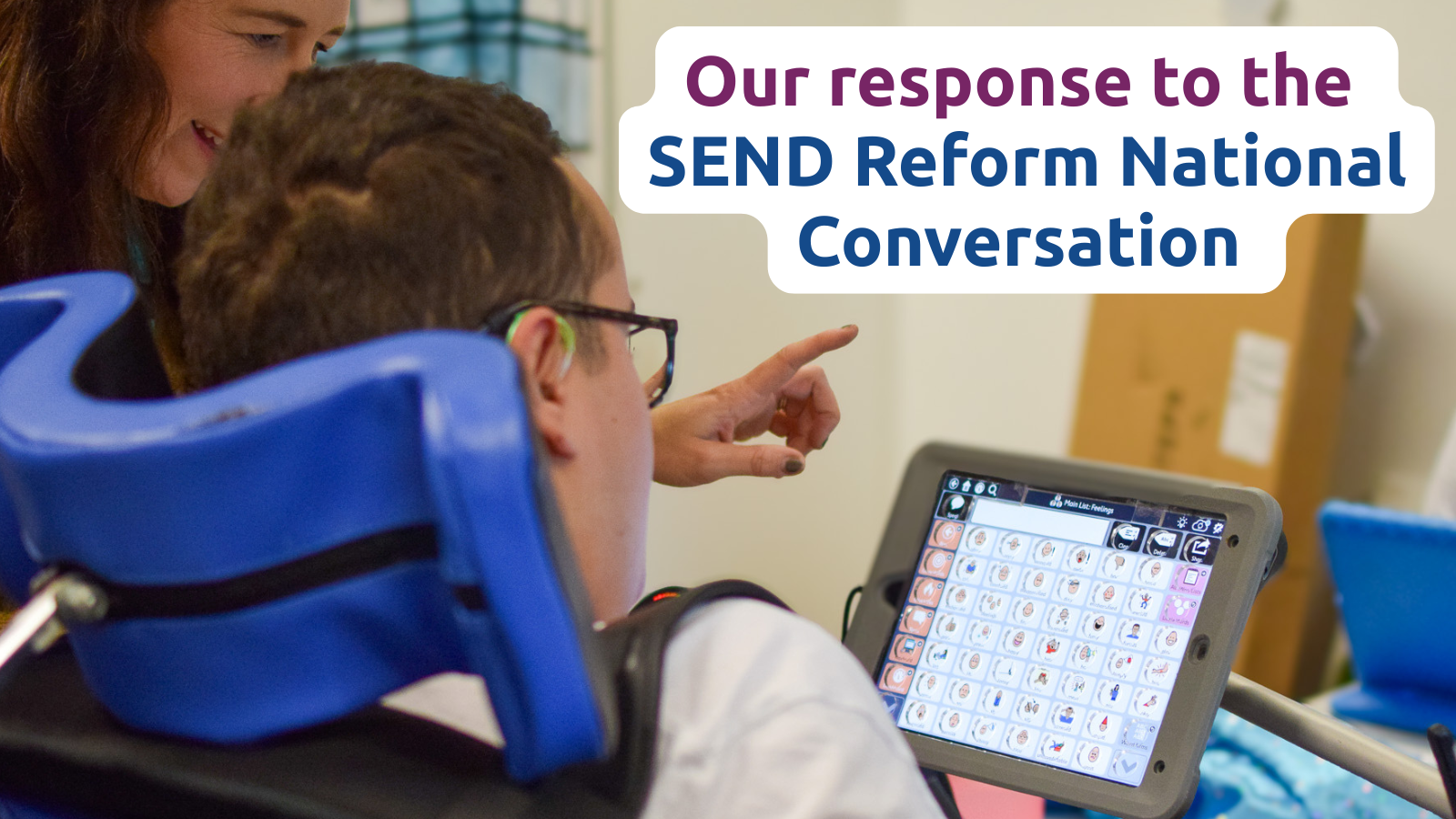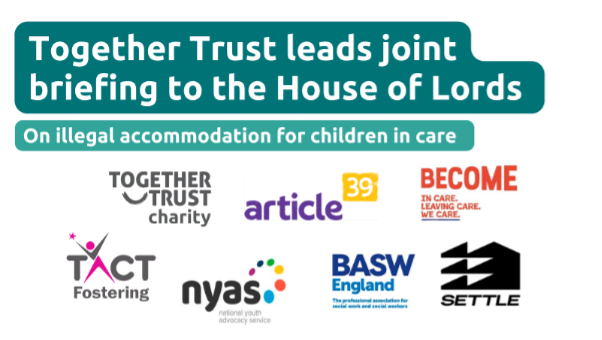
A major dispute between children’s rights advocates and the Department for Education over the meaning and importance of care could be resolved if ministers would listen and act on the views of 16 and 17 year-olds, campaigners say.
An online survey undertaken by the children’s rights charity Article 39, as part of the national #KeepCaringTo18 campaign, was completed by 355 teenagers aged 16 and 17 between 20 November 2022 and 1 January 2023.
Headline findings are published today (23 January 2023) revealing that 97% of 16 and 17 year-olds believe that it is necessary for children their age to:
- Have someone regularly around to chat and to show an interest in them.
- Have someone who shows/tells them that they are loved.
- Have someone to deal with emergencies connected to electricity, gas, Internet connection, and/or security (break-ins).
A further 96% stated that it is necessary for 16 and 17 year-olds to have someone who can protect them if they are ever in danger (at home or somewhere else).
58 of the children aged 16 and 17 who completed the survey were in the care of local authorities, or had been in care in the past. Of these:
- 98% stated that it is necessary for 16 and 17 year-olds to have someone regularly around to chat and to show an interest in them.
- 95% stated that it is necessary for 16 and 17 year-olds to have someone who can protect them if they are ever in danger (at home or somewhere else).
- 93% stated that it is necessary for 16 and 17 year-olds to have someone who shows/tells them that they are loved.
- 93% stated that it is necessary for 16 and 17 year-olds to have someone to give advice about growing up and relationships.
The ‘What does care mean to you?’ survey asked 16 and 17 year-olds for their views on 19 separate elements of care.
- More than half of all survey respondents thought that all of the 19 elements of care are necessary for their age group.
- Over three-quarters of all survey respondents stated that 17 of the 19 elements of care are necessary for 16 and 17 year-olds.
- More than three-quarters of teenagers with care experience stated that 15 of the 19 elements of care are necessary for 16 and 17 year-olds.
The #KeepCaringTo18 campaign steering group believes this is the first time teenagers have been asked their views on what care means to them.
When 16 and 17 year-olds were asked to indicate at what age people are usually ready to live without care where they live, the majority stated that everyone needs care where they live, no matter how old they are. After this, 29% of both the wider group of teenagers and the care experienced teenagers indicated that people are usually ready to live without care where they live at age 25.
98% stated that it is necessary for 16 and 17 year-olds to have someone regularly around to chat and to show an interest in them
Carolyne Willow, Article 39 Director, said:
“Successive governments have been trying for decades to ensure that children in care experience the love, security and stability of their peers. Here we have teenagers telling us what matters to them, and it is very moving to read how much they value being loved, listened to and protected.
Recent government policy has deliberately taken the care out of the care system for 16 and 17 year-olds. This is a cold-hearted turn that must be reversed, and I hope it’s the voices and views of teenagers themselves that convince policy makers to make that change.”
Dr Jim Goddard lived in children’s homes for 14 years as a child and has been Chair of the Board of Trustees of the Care Leavers’ Association since 2010. He said:
“These survey findings demonstrate an overwhelming need for care at this age, in all its manifestations. What’s particularly striking is the symmetry between the views of the wider sample of 16 and 17 year-olds, and the smaller number of care experienced teenagers. The survey overall provides a stark reminder that human beings are social and have profound needs for mutual support and care regardless of their age.
Living without care from the age of 16 is a deeply strange and unusual thing to do; it’s incredible that this is now official government policy.”
Lucy Croxton, Policy, Public Affairs and Campaigns Manager at the Together Trust, said:
“Almost all 16 and 17 year olds said that care is having someone who can protect them from danger. Semi-independent accommodation is dangerous. The promised new regulations will not change that; instead, they legitimate arrangements where children live alone in bedsits and flats, or in properties shared with vulnerable adults. The government must listen to and protect 16 and 17 year-olds.”
Rebekah Pierre, a care-experienced social worker who works at the British Association of Social Workers, said:
“The government is gambling with children’s lives by allowing them to be placed in care-less accommodation – and it knows it. Up until now, it has failed to heed serious case reviews, dire statistics, and warnings from care-experienced survivors.
If they care about children’s best interests as they claim they do, there is no excuse not to listen to 16-17 year olds who have so generously explained what care means to them. They are not asking for the world. Like all of us, they want to be loved, cared for, and protected from danger. All of which should be the bare minimum in a so-called care system.”
For the past two years, Ministers have said that ‘some’ teenagers in care aged 16 and 17 are able to manage with support only, and don’t need care. But 37% of 16 and 17 year-olds who are looked after by local authorities are now living in accommodation where they receive no day-to-day care.
This proportion has increased by 5% since last year, after secondary legislation was introduced requiring that children aged 15 and under always receive care. The same legal protection was not provided to 16 and 17 year-olds.
The Department for Education recently consulted on standards for so-called supported accommodation for children in care aged 16 and 17, which deliberately omit any requirement for children to receive care from those who have day-to-day responsibility for their well-being.
The majority of accommodation providers are private companies. Around a third (30%) of children aged 16 and 17 who live in accommodation without care are the subject of a care order. This is where a family court has granted the local authority parental responsibility for the child.
Notes
- The survey findings can be found here.
- The survey was promoted online via websites and social media, and the link was sent to organisations working with teenagers generally, and with care experienced teenagers.
- The survey was open for 6 weeks between 20 November 2022 and 1 January 2023.
- The Department for Education’s latest (closed) consultation on supported accommodation for looked after children and care leavers aged 16 and 17 year can be found here. This was a 6-week consultation which closed on 16 January 2023.
- The secondary legislation which protects looked after children aged 15 and under, but not those aged 16 and 17, is here. Article 39’s legal challenge against the discriminatory legislation was unsuccessful.



